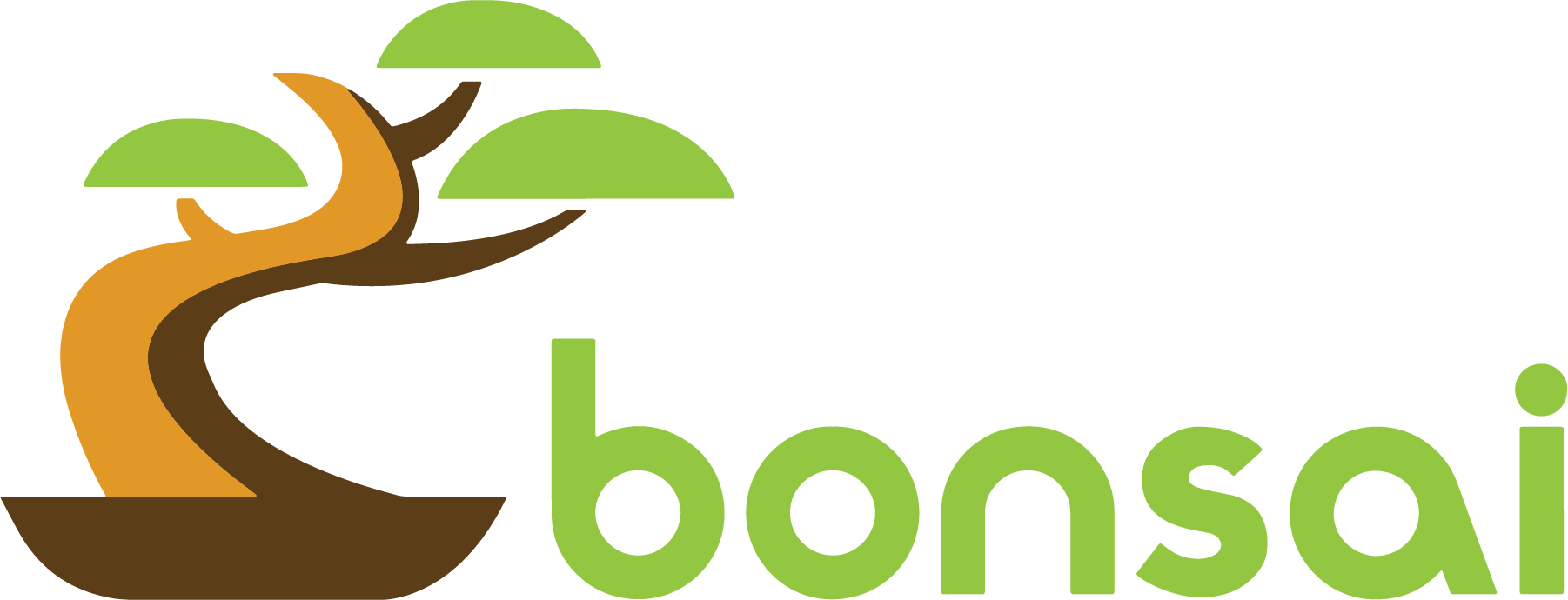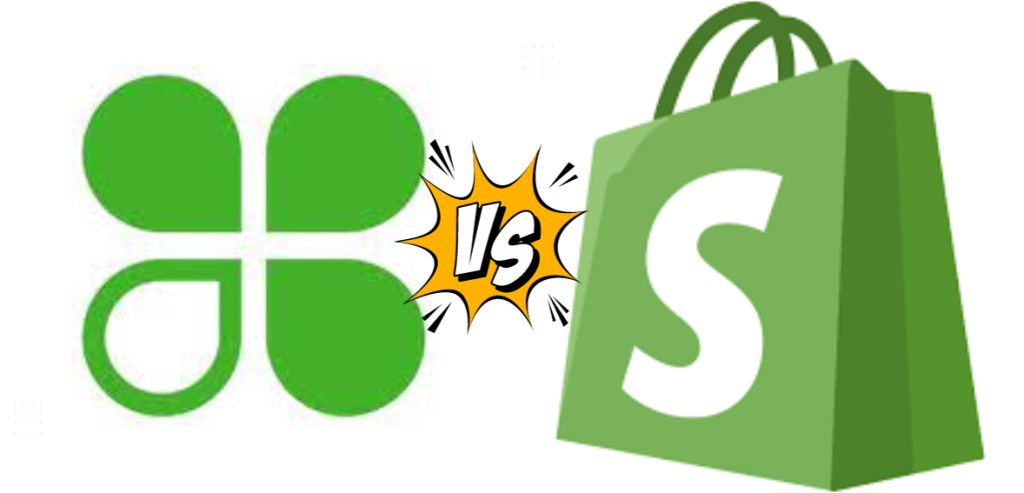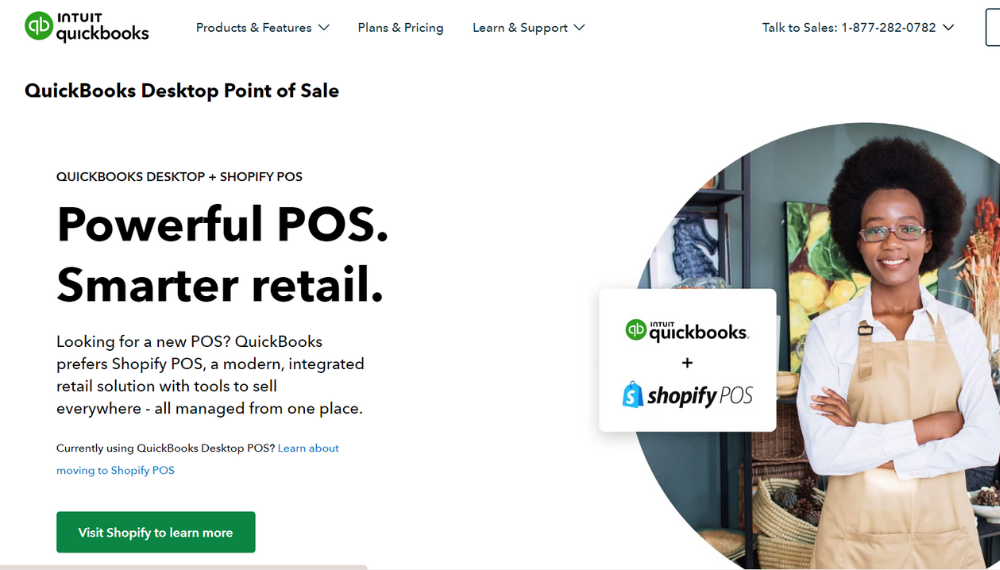Are you an aspiring entrepreneur looking to kickstart your own business? Or perhaps you're a savvy shopper seeking to save big on your favorite products? Well, get ready to unlock the secrets to purchasing wholesale quantities! In this comprehensive guide, we'll delve into the world of wholesale, revealing everything you need to know to navigate this realm like a pro. From understanding the benefits of buying in bulk to uncovering reliable suppliers and mastering negotiation tactics, we've got you covered. So, whether you're an eager business owner or an enthusiastic bargain hunter, join us on this enlightening journey and discover the power of wholesale purchasing!
 Wholesale business is a dynamic and lucrative sector that plays a crucial role in the supply chain. At its core, a wholesale business involves purchasing goods in bulk from manufacturers or distributors and selling them to retailers or other businesses at a discounted price. This business model enables wholesalers to leverage economies of scale and offer competitive prices to their customers. It requires strategic sourcing, efficient inventory management, effective marketing, and strong customer relationships. By understanding how the wholesale business works and navigating its intricacies, entrepreneurs can tap into a world of opportunities and build a successful enterprise that bridges the gap between manufacturers and retailers.
Here's a breakdown of the key aspects:
Wholesale business is a dynamic and lucrative sector that plays a crucial role in the supply chain. At its core, a wholesale business involves purchasing goods in bulk from manufacturers or distributors and selling them to retailers or other businesses at a discounted price. This business model enables wholesalers to leverage economies of scale and offer competitive prices to their customers. It requires strategic sourcing, efficient inventory management, effective marketing, and strong customer relationships. By understanding how the wholesale business works and navigating its intricacies, entrepreneurs can tap into a world of opportunities and build a successful enterprise that bridges the gap between manufacturers and retailers.
Here's a breakdown of the key aspects:
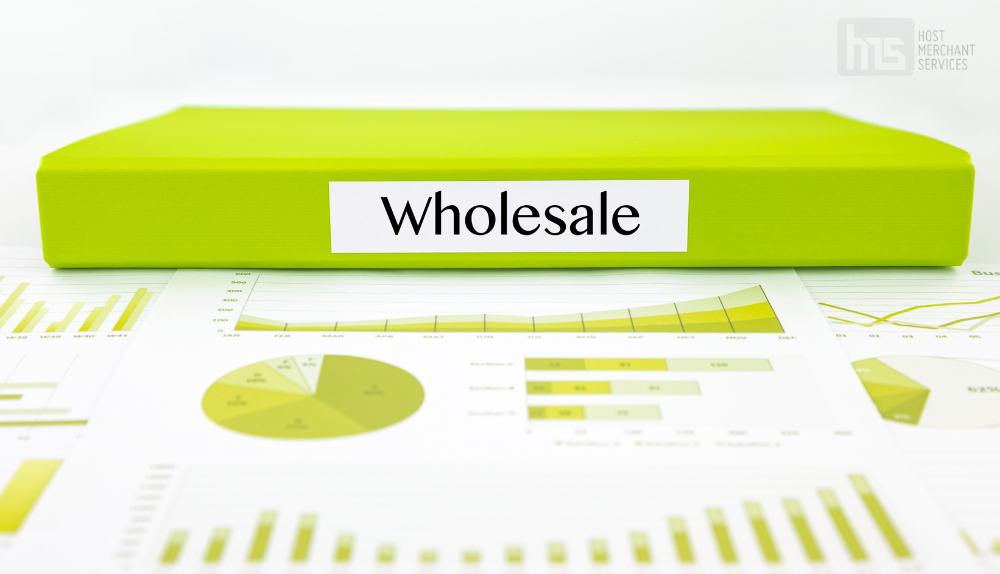 Finding a wholesaler involves a systematic approach to identify reliable suppliers who can meet your business needs. Here are some effective strategies to find wholesalers:
Finding a wholesaler involves a systematic approach to identify reliable suppliers who can meet your business needs. Here are some effective strategies to find wholesalers:
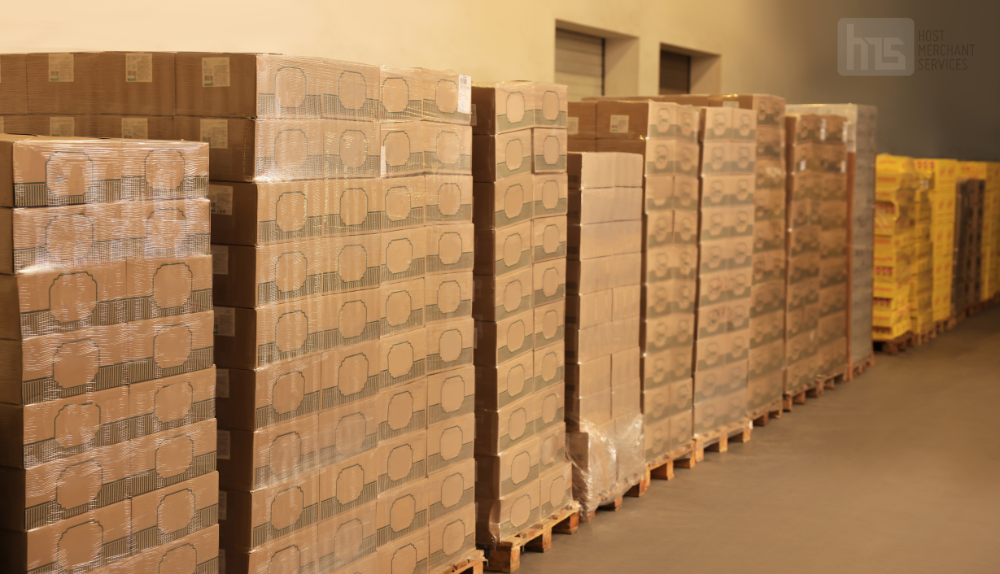 Choosing the right wholesaler for your business is a critical decision that can impact your operations and profitability. Here are some key factors to consider when evaluating and selecting a wholesaler:
Choosing the right wholesaler for your business is a critical decision that can impact your operations and profitability. Here are some key factors to consider when evaluating and selecting a wholesaler:
What is Buying Wholesale?
Buying wholesale refers to the act of purchasing goods or products in large quantities directly from manufacturers, distributors, or wholesalers at a discounted price. Unlike retail purchases, where consumers buy products individually at higher prices, wholesale buying involves bulk purchases that allow for significant cost savings. This method of procurement is commonly used by businesses, retailers, and entrepreneurs who require a large quantity of products to meet their needs. By buying wholesale, individuals and organizations can take advantage of lower prices per unit, enabling them to maximize profit margins, stock inventory, or fulfill customer demands more efficiently. Whether it's electronics, clothing, food items, or any other type of product, buying wholesale offers a cost-effective solution for those looking to acquire large quantities and leverage the benefits of economies of scale.How does Wholesale Business Work?
 Wholesale business is a dynamic and lucrative sector that plays a crucial role in the supply chain. At its core, a wholesale business involves purchasing goods in bulk from manufacturers or distributors and selling them to retailers or other businesses at a discounted price. This business model enables wholesalers to leverage economies of scale and offer competitive prices to their customers. It requires strategic sourcing, efficient inventory management, effective marketing, and strong customer relationships. By understanding how the wholesale business works and navigating its intricacies, entrepreneurs can tap into a world of opportunities and build a successful enterprise that bridges the gap between manufacturers and retailers.
Here's a breakdown of the key aspects:
Wholesale business is a dynamic and lucrative sector that plays a crucial role in the supply chain. At its core, a wholesale business involves purchasing goods in bulk from manufacturers or distributors and selling them to retailers or other businesses at a discounted price. This business model enables wholesalers to leverage economies of scale and offer competitive prices to their customers. It requires strategic sourcing, efficient inventory management, effective marketing, and strong customer relationships. By understanding how the wholesale business works and navigating its intricacies, entrepreneurs can tap into a world of opportunities and build a successful enterprise that bridges the gap between manufacturers and retailers.
Here's a breakdown of the key aspects:
Sourcing and Procurement
Wholesale businesses typically start by identifying and sourcing products from manufacturers, distributors, or other wholesale suppliers. The sourcing process involves researching potential suppliers, comparing prices, assessing product quality, and establishing relationships with reliable partners.Inventory Management
Once the products are procured, wholesale businesses need to manage their inventory effectively. This involves keeping track of stock levels, monitoring demand trends, forecasting sales, and ensuring a balanced supply to meet customer needs.Warehousing and Storage
Wholesale businesses require storage space to house their inventory. Warehouses or distribution centers are used to store products in an organized manner, allowing for efficient inventory management and order fulfillment. Proper logistics and inventory tracking systems are crucial for smooth operations.Sales and Marketing
Wholesale businesses engage in various sales and marketing activities to reach their target customers. This can involve establishing a sales team, attending trade shows or industry events, creating catalogs or digital product listings, and implementing marketing strategies to attract potential buyers.Order Fulfillment and Distribution
When orders are placed by retailers or other customers, wholesale businesses fulfill these orders by picking the requested items from their inventory and preparing them for shipment. This process involves packaging the products, arranging transportation or shipping services, and ensuring timely delivery to customers.Pricing and Profit Margins
Wholesale businesses operate on a business-to-business (B2B) model, offering discounted prices to their customers compared to retail prices. They calculate their profit margins by considering factors such as the cost of goods, operational expenses, and desired profitability while still remaining competitive in the market.Customer Relationships
Maintaining strong relationships with customers is vital in the wholesale business. This involves providing excellent customer service, addressing inquiries or concerns promptly, offering product support or warranties, and building long-term partnerships based on trust and reliability.Adapting to Market Trends
Wholesale businesses need to stay informed about market trends, consumer preferences, and industry changes. They must be adaptable and flexible, adjusting their product offerings or sourcing strategies to meet evolving market demands.How to Find a Wholesaler?
 Finding a wholesaler involves a systematic approach to identify reliable suppliers who can meet your business needs. Here are some effective strategies to find wholesalers:
Finding a wholesaler involves a systematic approach to identify reliable suppliers who can meet your business needs. Here are some effective strategies to find wholesalers:
Industry Research
Conduct thorough research within your industry or niche to identify key manufacturers, distributors, or wholesale suppliers. Look for trade publications, industry associations, and online directories that provide information about wholesale suppliers in your specific market.Trade Shows and Exhibitions
Attend trade shows, exhibitions, and industry events related to your business. These events bring together manufacturers, distributors, and wholesalers under one roof, providing an opportunity to network, establish contacts, and discover potential suppliers.Online Directories and B2B Marketplaces
Utilize online directories and B2B marketplaces that specialize in connecting buyers with wholesale suppliers. Websites like Alibaba, ThomasNet, and Worldwide Brands provide extensive lists of wholesalers across various industries.Referrals and Networking
Reach out to industry peers, business contacts, or professionals within your network who may have experience in wholesale sourcing. Seek recommendations or referrals for reliable wholesalers they have worked with or know of.Direct Contact with Manufacturers
In some cases, manufacturers may offer wholesale pricing or direct distribution options. Reach out to manufacturers directly to inquire if they sell their products in bulk or can connect you with authorized wholesale distributors.Local Wholesale Markets and Trade Centers
Explore local wholesale markets or trade centers in your area. These physical locations often house multiple wholesalers offering a wide range of products. Visiting these markets allows you to interact with suppliers face-to-face and assess their offerings.Online Research and Supplier Verification
Perform online research on potential wholesalers to gather information about their reputation, customer reviews, and any potential red flags. Verify their legitimacy and credibility by checking their business licenses, certifications, and years of operation.Attend Wholesale Trade Fairs
Look for specific wholesale trade fairs or exhibitions that cater to your industry. These events are specifically organized for wholesalers to showcase their products, and attending them provides an excellent opportunity to connect with multiple suppliers at once.How to Choose a Wholesaler?
 Choosing the right wholesaler for your business is a critical decision that can impact your operations and profitability. Here are some key factors to consider when evaluating and selecting a wholesaler:
Choosing the right wholesaler for your business is a critical decision that can impact your operations and profitability. Here are some key factors to consider when evaluating and selecting a wholesaler:
